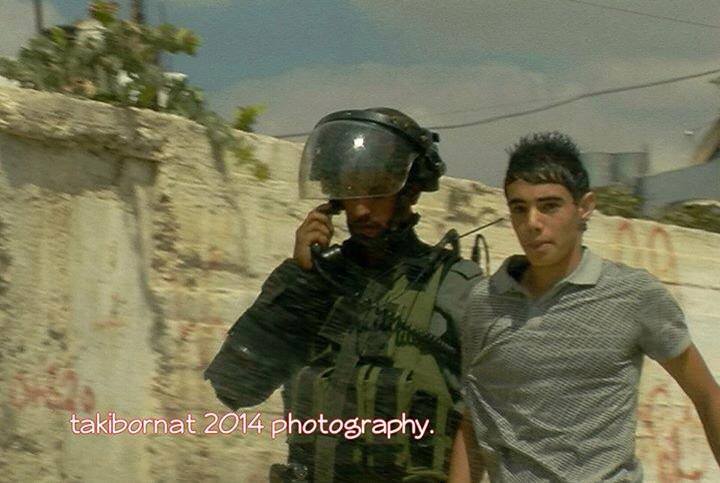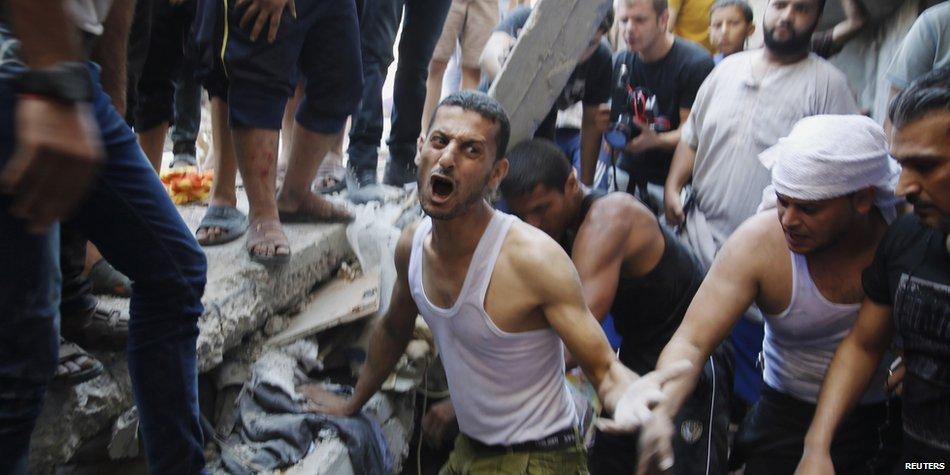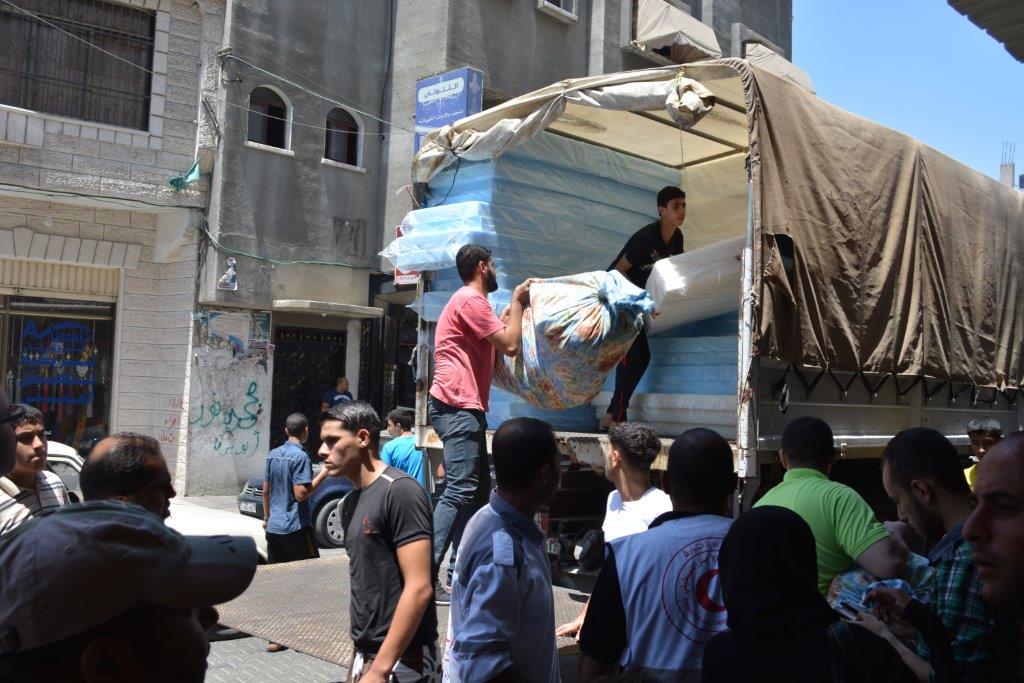Tag: Action Alert
-
Action alert: Arrested on the way to school in Bil’in
23rd September 2013 | International Solidarity Movement | Bil’in, Occupied Palestine On September 14th at 11:00 in the morning, 15 year-old Ibrahim Abu-Rahma was walking to school with his little brother, 13-year-old Ahmed, in their village of Bil’in. An Israeli army jeep had infiltrated the village and stopped near the boys. The two ran in the opposite direction, only…
-
UPDATED: Gaza Calling: All out on Saturday 9 August Day of Rage
6th August 2014 | Call from Palestine | Gaza, Occupied Palestine Updated August 8th: Help us spread the call from Gaza for a Day of Rage on August 9th. Please help share the following translations via social media: Arabic, English, Danish, Dutch, French, German, Hebrew, Italian, Spanish, Swedish, and Turkish. Words alone do not do justice. Take the streets for Gaza! ******* Gaza Calling: All out on Saturday…
-
UPDATED: Urgent Action alert: Rescue team delivering urgent humanitarian aid to Rafah at risk
4th August 2014 | International Solidarity Movement | Gaza, Occupied Palestine UPDATED: Thanks to all the people who contacted their representatives and the foreign offices of the UK, Sweden, and the USA! The Palestinian human rights defenders, joined by international volunteers, safely delivered mattresses, food, and water to citizens in Rafah today. ******* Call your representatives and the foreign…



